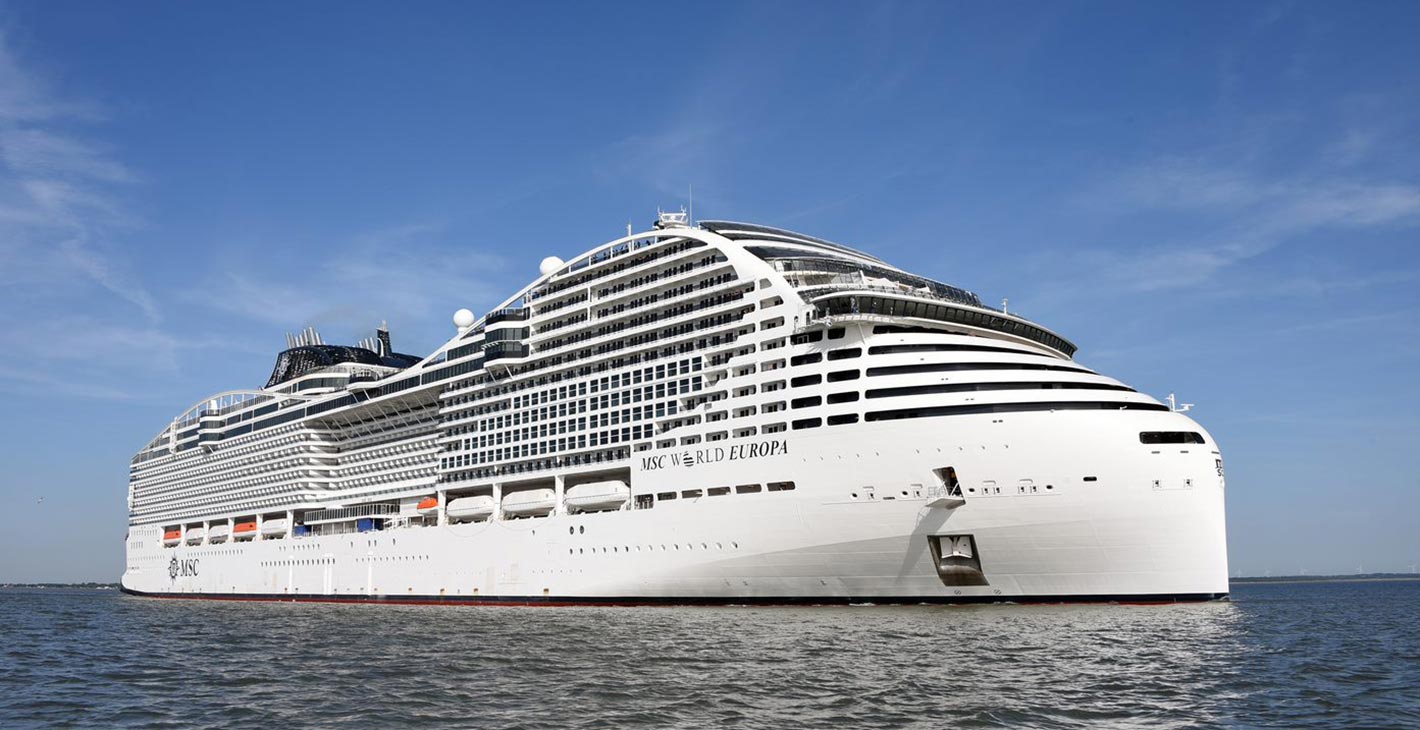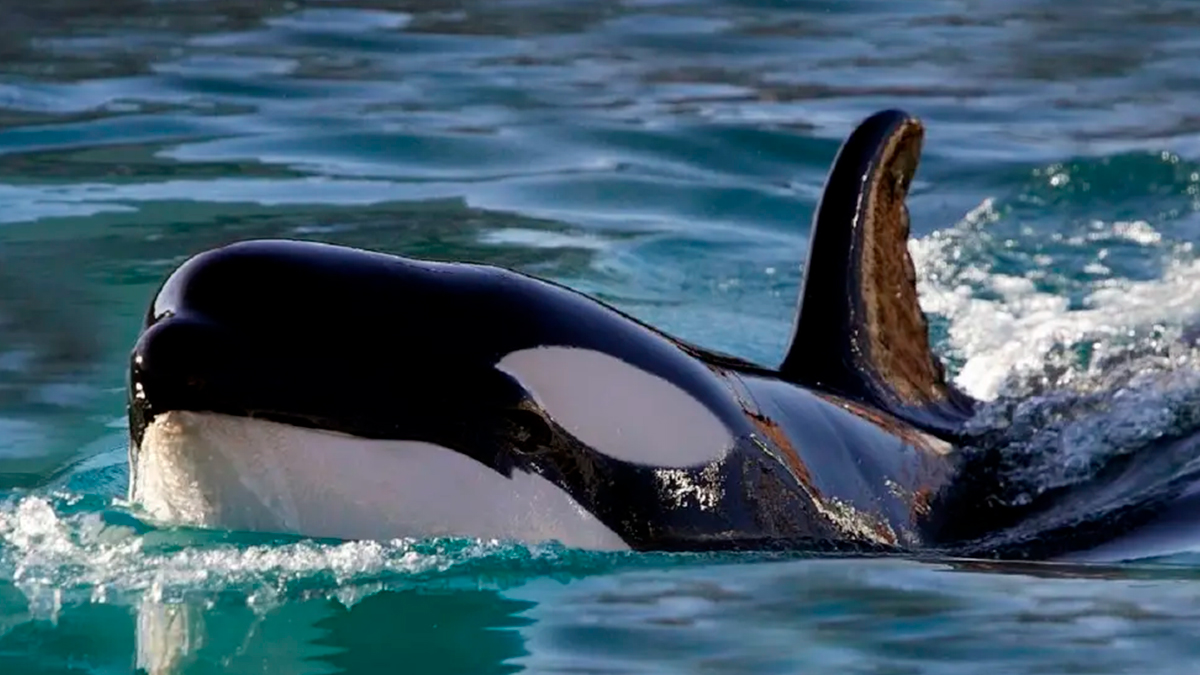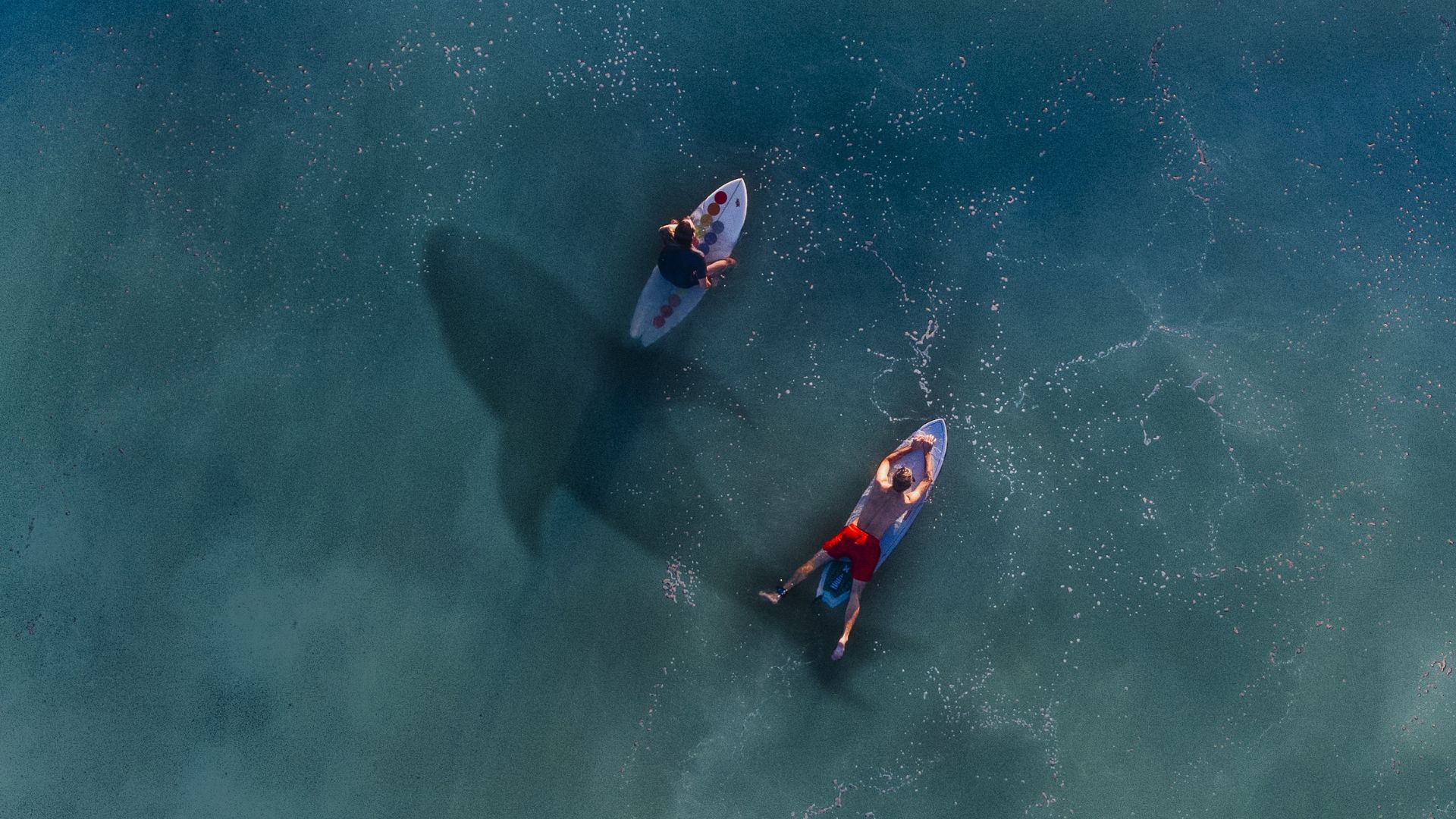
Celebrating World Turtle Day around the world
May 23rd has become World Turtle Day all over the world. With over 129 different turtle species endangered nowadays, it has become increasingly important to celebrate this day.
World Turtle Day was started in 2000 by the American Tortoise Rescue. This day helps us celebrate and educate the audience about turtles and tortoises and help encourage everyone to take action to help them survive in the wild.
Turtles are one of the oldest reptile groups in the world: they date back further than snakes, crocodiles and alligators. There are around 300 different types of turtles in the world, and 129 of them are endangered. All sea turtles are endangered and half of freshwater turtles are also endangered.
Turtles and tortoises are important to maintain the ecological balance of earth. Although these creatures have been able to survive and evolve in diverse environments and habitats, today they are disappearing fast due to plastic pollution and overfishing.
The threat of bycatch
Sea turtles travel between land and sea and they swim for thousands of ocean miles. Females can lay hundreds of eggs in one nesting season, however only a few will survive their first year of life. Beyond these natural challenges, they also face several threats caused by humans. These include bycatch in commercial fishing gear, climate change or illegal trade.
Every year, thousands of sea turtles are accidentally caught in shrimp trawl nets, fishing gill nets or longline hooks. This means they become fisheries’ bycatch - animals who accidentally get caught in nets intended for other species.
This is the greatest threat to most sea turtles, especially to endangered greens, leatherbacks and loggerheads. Moreover, as fishing activity grows, the risk expands.
Illegal trade of sea turtles
Besides nets, sea turtles are still being harvested in some countries for human consumption and trade. While some use turtle meat and eggs as a source of food, others kill turtles for medicine or religious ceremonies. This way, tens of thousands of sea turtles are lost every year, devastating endangered species like greens and hawksbills.
However, some improvements have been made as international trade of all sea turtle species and their parts is prohibited according to the Convention on International Trade in Endangered Species of Wild Fauna and Flora (CITES). Sadly, illegal trafficking is still an issue.
Climate change and pollution
Furthermore, warmer temperatures caused by climate change disrupt the normal ratios of offspring. This has resulted in fewer male hatchlings. Besides directly affecting the turtle’s sex, it can also lead to loss of foraging grounds for sea turtles or the increase of severe storms that destroy nesting beaches and damage nests.
Regarding pollution, it is known that sea turtles can mistake plastic for jellyfish, choking on them when they try to eat them. Not only does plastic intake affect turtles, but also “ghost gear” entangle turtles and can drown or render a turtle from swimming or feeding. Finally, trash on beaches also trap hatchlings and prevent them from reaching the ocean.
What can we do to help turtles?
- Don’t buy turtles or tortoises from pet shops.
- Report illegal trading of turtles to your local animal shelter.
- Participate in beach cleaning around your local area.
- Don’t take any turtle or tortoise from the wild unless they are sick/injured and need treatment.
- Participate in initiatives to help preserve habitats and sanctuary spaces.
- If you find a tortoise trying to cross the road, carry it to the direction it was going. If you take it back to the spot they came from, they will try crossing again.
- You can make a donation to World Turtle Day or another turtle organization you like.
On Nautical Channel we want to raise awareness of this endangered species and encourage everyone to help out when possible! You can watch One With Water on Nautical Channel to feel connected with the ocean and its creatures.













_v2.svg)
_v2.svg)









_v2.svg)


